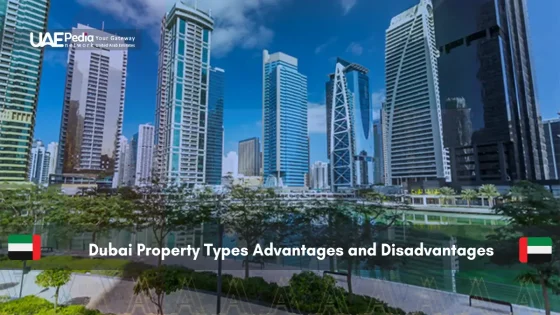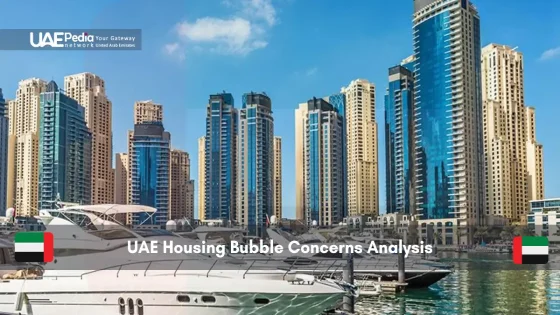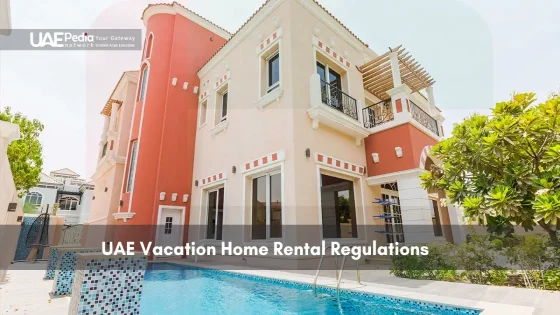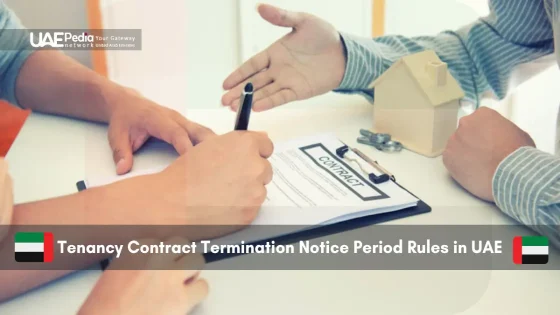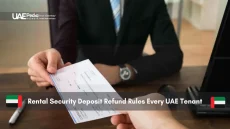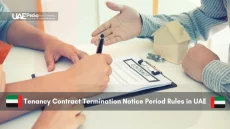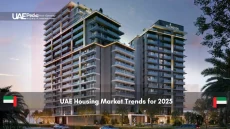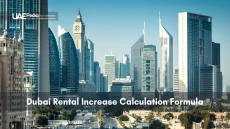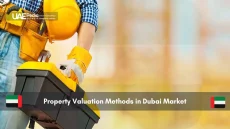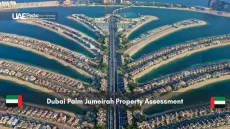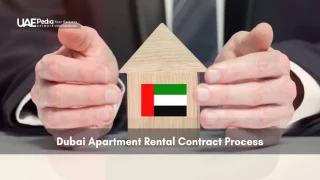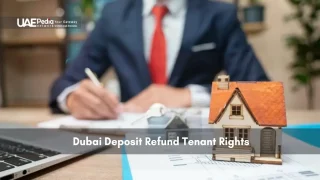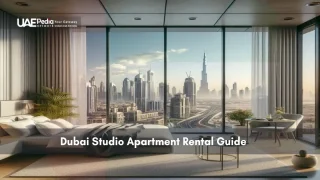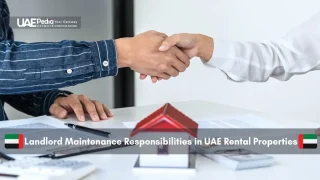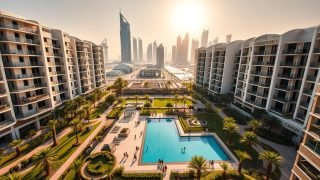Did you know neighborhoods here deliver rental returns rivaling global financial hubs? The city’s skyline isn’t just eye candy—it’s a playground for savvy investors. But like any market, it rewards those who do their homework.
We’ll walk you through the essentials: from tax-free perks that make your wallet smile to hidden costs that sneak up like desert sandstorms. Whether you’re eyeing sleek high-rises or family-friendly villas, understanding local dynamics separates smart moves from costly missteps.
Modern infrastructure and flexible ownership laws attract global buyers—over 200 nationalities call this place home. Yet beneath the glitz lies complexity. Maintenance fees fluctuate, regulations evolve, and not all areas appreciate equally. That’s where real estate funds come into play, offering alternatives to direct ownership.
Here’s what we’ll explore:
- How rental yields compare across apartment sizes and communities
- Freehold vs leasehold differences that impact resale value
- Balancing short-term gains with long-term stability
Let’s unpack what makes this market tick—and where caution is key.
Understanding the Dubai Real Estate Landscape
Picture a desert oasis where glass towers meet driverless metro lines—this is today’s urban playground. The real estate market here thrives on innovation, offering everything from cozy studios to waterfront mansions. And yes, those tax-free returns? They’re real, with rental yields often hitting 6-8%—like finding an extra shot in your morning latte.
Where Smart Cities Meet Sky-High Returns
World-class transportation networks and AI-powered communities aren’t sci-fi here—they’re daily life. New metro expansions and waterfront developments keep the estate market buzzing. One local investor told us, “You’re not just buying square footage—you’re grabbing a front-row seat to tomorrow.”
Tax Perks That Pack a Punch
No income tax? Check. Zero capital gains tax? Double-check. This combo makes the dubai real estate scene irresistible to global buyers. Add in high rental demand from expats and digital nomads, and you’ve got a recipe for steady cash flow. Pro tip: Always factor in service charges—they can nibble 10-15% off your profits if you’re not careful.
From budget-friendly high-rises near Metro stations to private beachfront villas, options abound. Recent upgrades to highways and airports mean even outer neighborhoods now deliver city-center convenience. Smart move? Track where new schools or hospitals are planned—those areas often see value jumps before cranes even arrive.
Exploring Freehold and Leasehold Options
Imagine holding keys to a home you fully control—or enjoying lower upfront costs for a prime location. This isn’t hypothetical—it’s the freehold vs leasehold decision every buyer faces here.
Full Control Meets Lasting Value
Freehold means you own the land and building indefinitely—like planting a tree that grows for generations. You can renovate, rent, or sell without third-party approvals. One investor we know turned a villa into three income-generating units: “It’s my canvas—I create value my way.”
Short-Term Savings, Long-Term Limits
Leasehold options often cost less initially—perfect for testing waters. But contracts typically last 10-99 years, with rules about renovations or subletting. Picture wanting to knock down a kitchen wall… only to discover your lease forbids structural changes.
Rules You Can’t Afford to Ignore
Dubai’s Land Department updated regulations in 2023, strengthening owner protections. Freeholders gain automatic inheritance rights, while leaseholders must renew contracts before expiry—a process involving fees and negotiations. Always consult experts when reviewing terms—this guide breaks down recent changes.
We’ve seen savvy buyers mix both strategies—using leasehold for city-center apartments and freehold for family compounds. Your choice hinges on budget, timeline, and how much control you crave. Pro tip: Map out life goals before deciding—what works at 30 might chafe at 50.
Diverse Property Types: Houses, Apartments, and More
Choosing between standalone homes and multi-unit buildings feels like picking shoes—do you prioritize comfort or convenience? Let’s explore how different residential types shape daily living experiences.
Space vs Convenience Showdown
Homes with private yards offer room to breathe—perfect for weekend barbecues or kids’ playdates. One resident shared:
“Our villa’s garden became our pandemic sanctuary—space matters more than we realized.”
Meanwhile, apartments serve busy professionals who value walkableareasand included gyms/pools.
| Feature | Standalone Homes | Multi-Unit Buildings |
|---|---|---|
| Privacy | High (private entrances) | Moderate (shared halls) |
| Maintenance | Owner-managed | Included in fees |
| Typical Location | Gated communities | City centers |
| Monthly Costs | Higher DEWA bills | Shared service charges |
| Lifestyle Fit | Families, pet owners | Singles, remote workers |
Location Logic and Hidden Costs
Central apartments often sit near metro stations and rooftop lounges—ideal for social butterflies. Suburban homes trade flashy amenities for larger kitchens and storage space. Remember: villas require landscaping budgets, while condos charge for 24/7 security.
Young couples might prefer affordable studios near business hubs. Growing families? They typically upgrade to 4-bedroom houses near schools. As one broker advised: “Buy the neighborhood’s lifestyle first, the floor plan second.”
Ultimately, your choice hinges on three questions: How much elbow room do you need? What amenities can’t you live without? And crucially—what’s your budget after factoring in all fees?
dubai property types advantages disadvantages
Investing here feels like riding a rollercoaster—thrilling climbs, sudden dips, and breathtaking views. Let’s unpack what makes this market rewarding yet demanding.
Where Modern Perks Shine Bright
Sarah’s studio near Business Bay tells the success story. Her 7.2% annual rental yield beats most global cities—tax-free income covering mortgage payments with room to spare. “Smart home features attracted tech workers willing to pay premium rates,” she notes. Key benefits include:
- Zero capital gains tax on long-term holdings
- Architectural designs that command higher rents
- Freehold zones allowing full ownership rights
When Reality Bites Back
Ahmed’s tale serves as caution. His luxury apartment’s value dropped 12% during a market correction—while maintenance costs rose 18%. “I underestimated community fees and renovation rules,” he admits. Common hurdles involve:
- Service charges spiking with new regulations
- Oversupply risks in popular neighborhoods
- Strict subletting policies in leasehold areas
| Pros | Cons |
|---|---|
| Steady cash flow from high demand | Unpredictable price swings |
| Cutting-edge building amenities | Hidden upkeep expenses |
| Flexible ownership models | Regulatory learning curve |
Your playbook? Compare immediate rental income against five-year cost projections. Chat with locals who’ve navigated downturns—their war stories reveal what spreadsheets miss. Investment Dubai dreams thrive when balanced with street-smart realism.
Key Strategies for Smart Property Investment in Dubai
Think of your investment strategy like a GPS—it needs clear coordinates to navigate shifting markets. Whether you’re eyeing residential towers or commercial spaces, smart choices start with planning that adapts to curveballs.
Money Maps and Legal Lifelines
Start by sketching a budget that includes sneaky costs—think AC repairs during sandstorms or sudden fee hikes. One investor shared: “I saved 18% annually by negotiating service contracts upfront.” Always consult legal experts to decode lease terms and ownership rights—it’s cheaper than courtroom surprises.
Future-Proofing Your Portfolio
Partner with management pros like West Gate Dubai Property Management. They handle tenant screenings and maintenance schedules so you don’t miss beach days. Spread your investments across neighborhoods and ownership models—it’s like diversifying your playlist for every mood.
| Strategy | Short-Term Action | Long-Term Benefit |
|---|---|---|
| Financial Prep | Set 15% emergency fund | Avoids panic selling |
| Legal Checks | Review exit clauses | Prevents contract traps |
| Diversification | Mix commercial/residential | Balances cash flow |
Timing matters, but decisions beat deadlines. Track market cycles like festival dates—buy when others hesitate. Remember: successful investors aren’t psychic. They’re prepared.
Final Thoughts on Navigating Dubai’s Property Market
You’ve now got the roadmap to make confident moves in this vibrant market. From sleek Downtown penthouses to emerging neighborhoods with growth potential, opportunities match every budget and vision. Tax-free income and modern infrastructure remain standout perks—but always pair excitement with research.
Smart investors balance short-term gains with long-term stability. Market shifts happen, but preparation softens the blows. One golden rule? Align choices with your lifestyle goals and financial capacity. Those beachfront views lose charm if maintenance fees drain your wallet.
Before diving in, review common risks like regulatory updates or project delays. Partner with local experts who speak the language of contracts and communities. They’ll help you spot hidden gems—and dodge pitfalls.
Ready to take the next step? Share your questions below or connect with trusted advisors. With the right mix of caution and courage, you’re set to thrive in this ever-evolving landscape. Here’s to building wealth—and creating spaces that feel like home.
The UAE offers zero income tax and no property ownership taxes, creating a magnet for global investors. Combine this with high rental yields in areas like Dubai Marina (often 5-8% annually), and you’ve got a financial sweet spot for building passive income.
Freehold gives full ownership rights forever—ideal for investors wanting total control. Leasehold means renting land for 10-99 years, common in older areas. While cheaper upfront, leaseholds limit long-term equity growth and resale flexibility.
Apartments in hotspots like Downtown Dubai offer lower entry costs and steady rental demand. Villas in family-friendly communities like Arabian Ranches provide more space but require higher maintenance. Your choice hinges on budget, target tenants, and preferred amenities.
Factor in 4% Dubai Land Department fees, 2% agent commissions, and annual service charges (AED 15-30 per sqft). Off-plan purchases might include delayed utility connection fees. Always reserve 5-7% of the property’s value for unexpected repairs or market dips.
Proximity to metro lines, schools, and business hubs like DIFC can boost rental demand by 20-30%. Waterfront areas (Palm Jumeirah) or green communities (Meydan) often appreciate faster, while remote developments may struggle during economic slowdowns.
Partner with RERA-certified agents, verify project completion histories, and use escrow accounts for off-plan buys. Rent out through managed agencies to handle tenant issues. Diversify—mix short-term rentals in JBR with long-term leases in JVC to balance cash flow.
